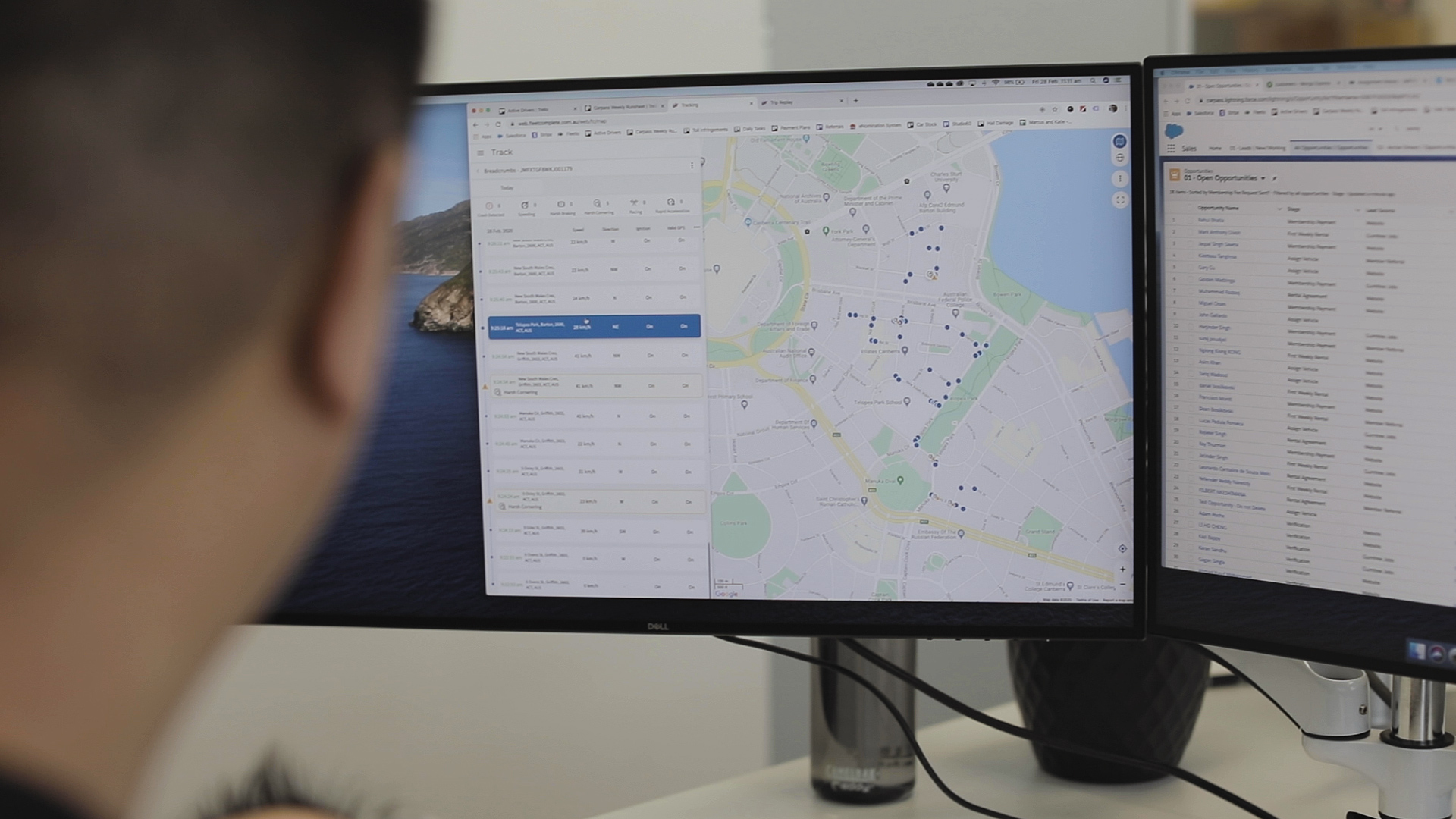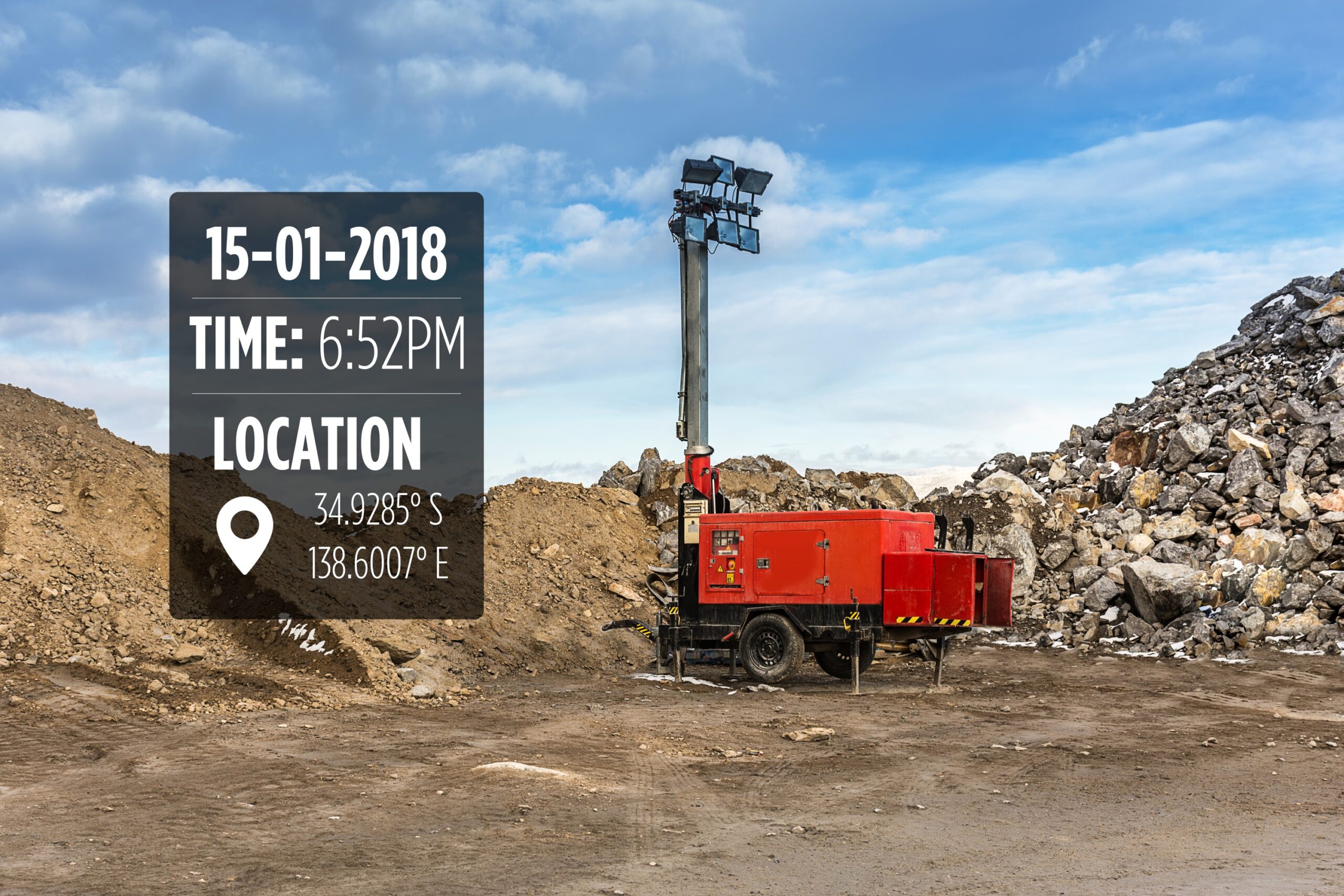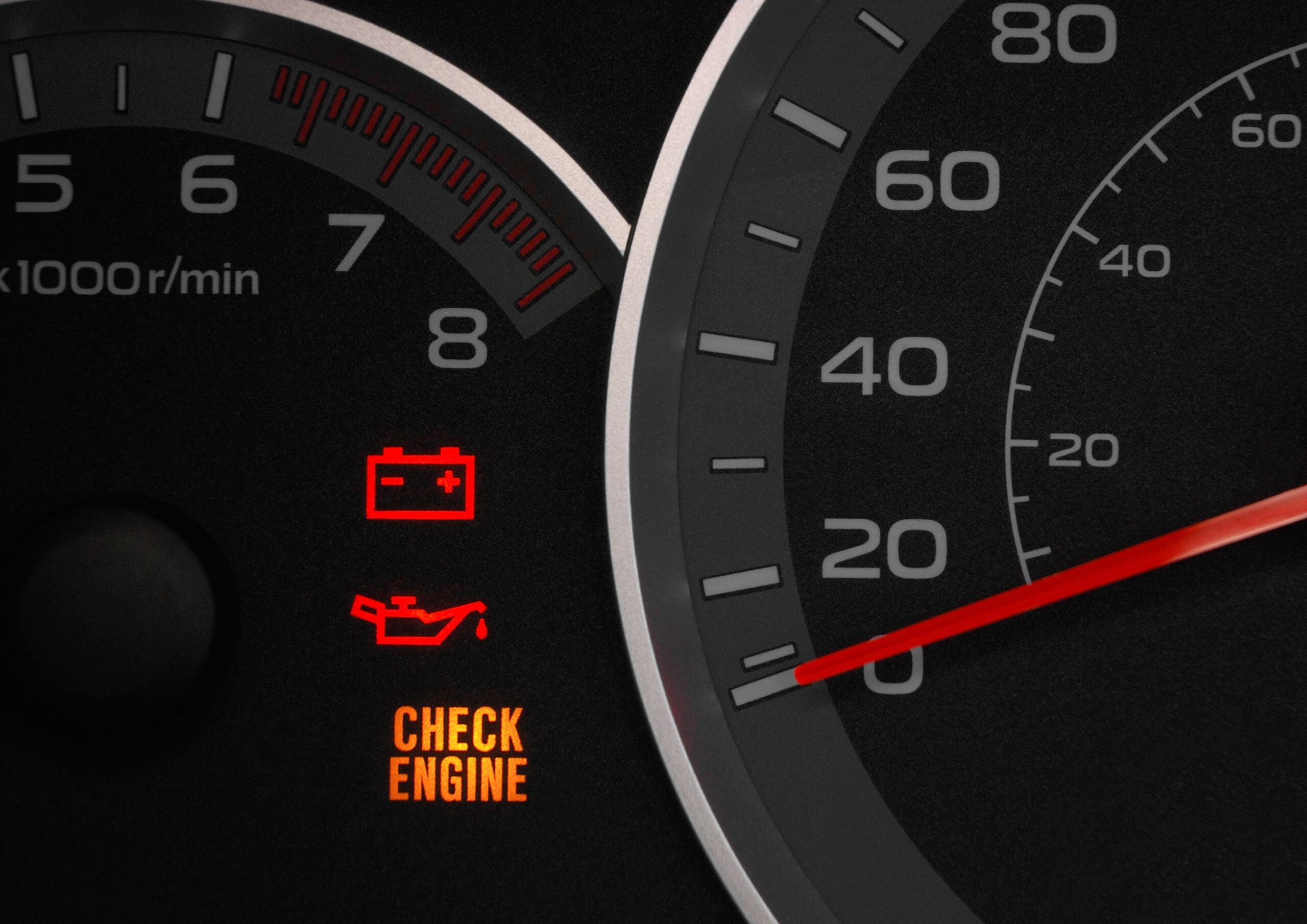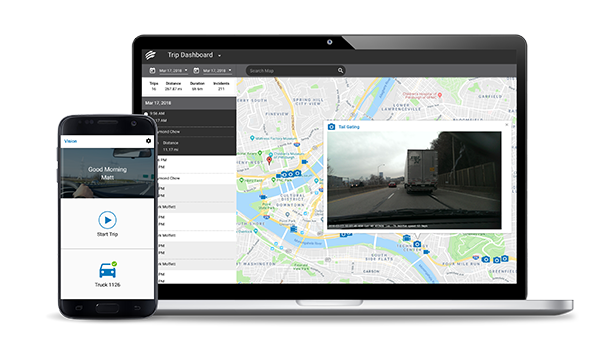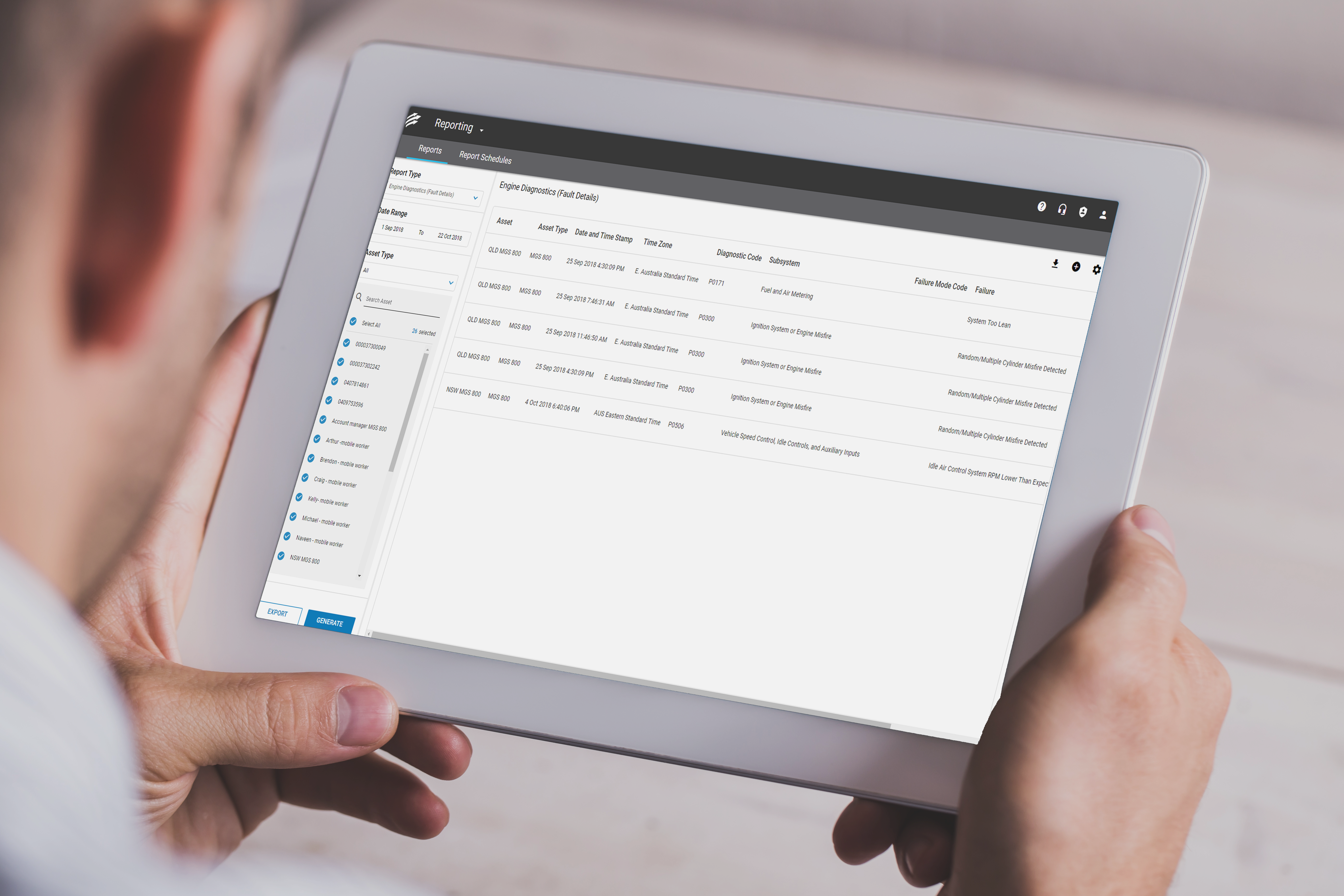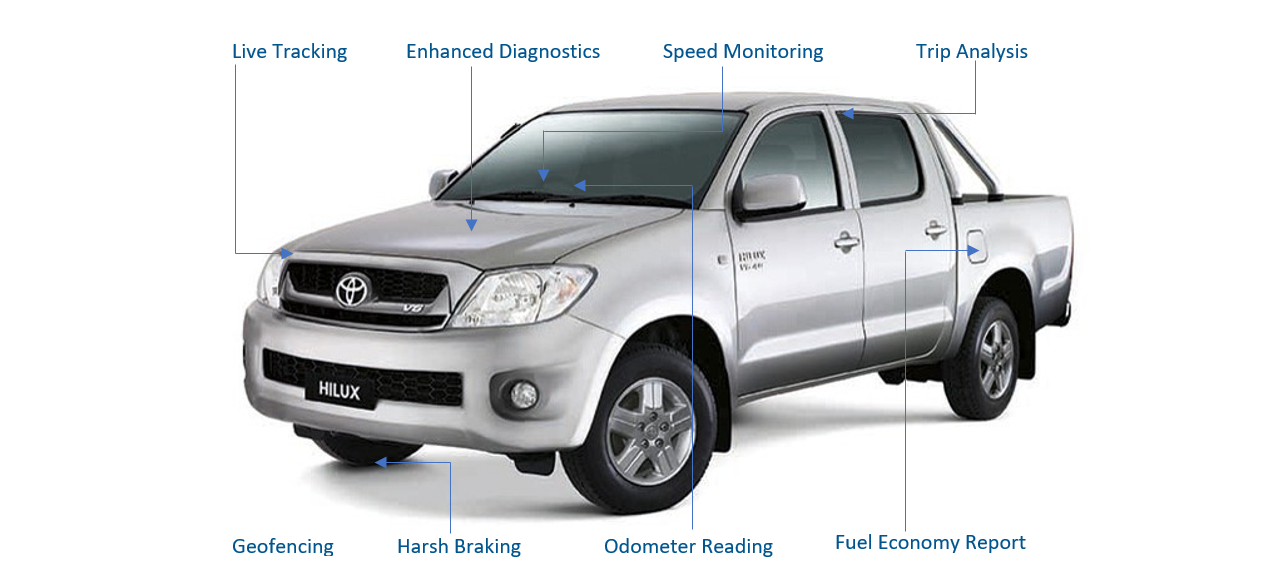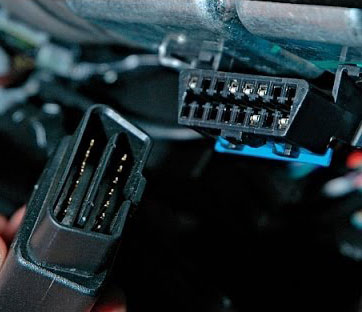
They say people leave managers, not jobs—and the facts back this up: according to one survey, around 57% of people quit their jobs due to having a bad boss. Of course, a bad boss isn’t necessarily a bad person. More often than not, it’s just a manager who’s not particularly effective or engaging—something workers notice quickly.
So how can you—the fleet manager—ensure you remain effective and engaging?
To answer this, we’ll take a look at what great fleet managers have in common. Though fleet managers have many responsibilities, the best ones never lose sight of their one true goal: improving their fleet’s performance. And they do this by improving themselves first—starting with these 8 things:
1. They listen to their team members
Your crew may have valid ideas and opinions about things, but may not always know how to express them properly. That’s where good listening skills come in handy: getting someone to open up to you is a lot easier if they know you’re willing to listen. Once your workers feel like they can talk to you, it’s easier for them to ask for help or offer insight—plus, research has shown that people are more likely to follow through on plans they helped develop.
2. They don’t micromanage
If you’ve ever had a manager breathe down your neck all day, every day, you’ll know how annoying it can be. That’s why highly effective fleet managers strive not to be too controlling. Allowing your team the freedom to solve problems on their own will help them feel empowered and motivated to be their best selves. Plus, asking questions about work strategies instead of just telling people what to do shows that you care about their ideas and opinions.
Fleet managers work with people from all walks of life. Being able to communicate, collaborate, and form effective working relationships are paramount skills for any fleet manager.
 No one likes a micromanager (Image Source).
No one likes a micromanager (Image Source).
3. They follow through on their promises
Do employees feel like their managers are only out for themselves? That’s never good, especially when a manager sets goals or makes promises and doesn’t follow through—this can drastically impact morale. Conversely, highly effective fleet managers set realistic goals and expectations, and are always willing to own up to their mistakes and find solutions. It might seem too difficult or embarrassing at times, but it is crucial if you want to maintain a culture of trust and collaboration.
4. They aren’t afraid of change
As the saying goes, ‘the only constant is change’: having someone in your corner who understands that and is not afraid to steer a team through change can make a world of difference. Highly effective managers know that sometimes you need to adapt, or you risk being left behind. They’re always open-minded and willing to try new things—whether that be new processes, or the latest tech, or a different management style.
That said, it’s important to establish clarity around your rules and policies. Just make sure you build them with the flexibility to adapt. For example, if your drivers struggle with a certain route, don’t insist they keep taking it. Instead, sit down together to work out a solution.
5. They plan ahead when possible
Nobody can predict the future, but managers need to plan ahead as much as possible. From daily disruptions to downright disasters, great fleet managers are prepared to deal with them quickly and effectively. Come rain or shine, make sure everyone in your team knows what to do and that everyone knows you have their backs. You’ll not only be keeping morale high, but your team will also grow more confident in your management skills.
6. They prioritise safety above anything else
Effective fleet managers take safety seriously. They always make sure their fleet is equipped with proper safety gear, including GPS fleet management software and dash cam technology, a properly outfitted cab, and clear and robust safety policies. Despite Australia’s decline in trucking accidents, vehicle crashes make up nearly half of all work-related deaths—all the more reason to make safety your top priority.
Just as importantly, great fleet managers understand the value of looking after their crew’s overall health and well-being—which includes supporting drivers’ mental health.
7. They are honest in all their dealings
A manager’s word can often make or break a team’s cohesion and reputation, so it’s important that you are honest, respectful, and consistent in everything you do—both publicly and in private. This goes well beyond just being transparent about expenses; good managers are straightforward when giving feedback to employees who need improvement, and when explaining what went wrong or why an action was taken.
8. They base their decisions on data
Many challenges fleet managers face require them to make some difficult choices—and make them fast. Analytical thinking is crucial to understanding what needs to be done. And so is looking at the facts.
As a fleet manager, you must ensure that you have the data to back your decisions. If there is any gap in this process, or if you slip into the habit of making arbitrary judgement calls, problems can arise.
 Highly effective fleet managers use the best tools and technology available to help them make the right decision at the right time. They rely on real-time data—such as fuel-wasting behaviour patterns, maintenance information, driver performance, and more—to identify areas for improvement and make everyone’s life easier, safer, and more productive.
Highly effective fleet managers use the best tools and technology available to help them make the right decision at the right time. They rely on real-time data—such as fuel-wasting behaviour patterns, maintenance information, driver performance, and more—to identify areas for improvement and make everyone’s life easier, safer, and more productive.
Fleet Complete’s local experts are on hand to help you operate your fleet smoothly—wherever you are in Australia. From keeping track of key fleet metrics to helping educate your drivers and create a top-performing team, we’re here to help you get the most out of fleet management technology. Get started today by trying out our Fleet Complete demo.
If you found this article helpful, please share it on social media.














































































